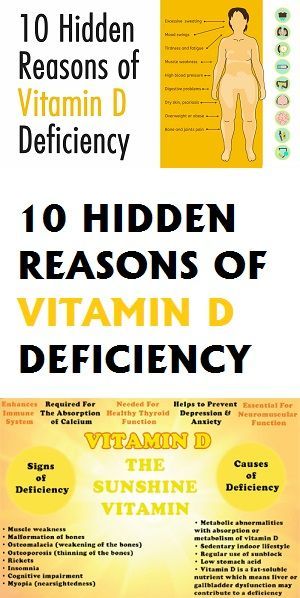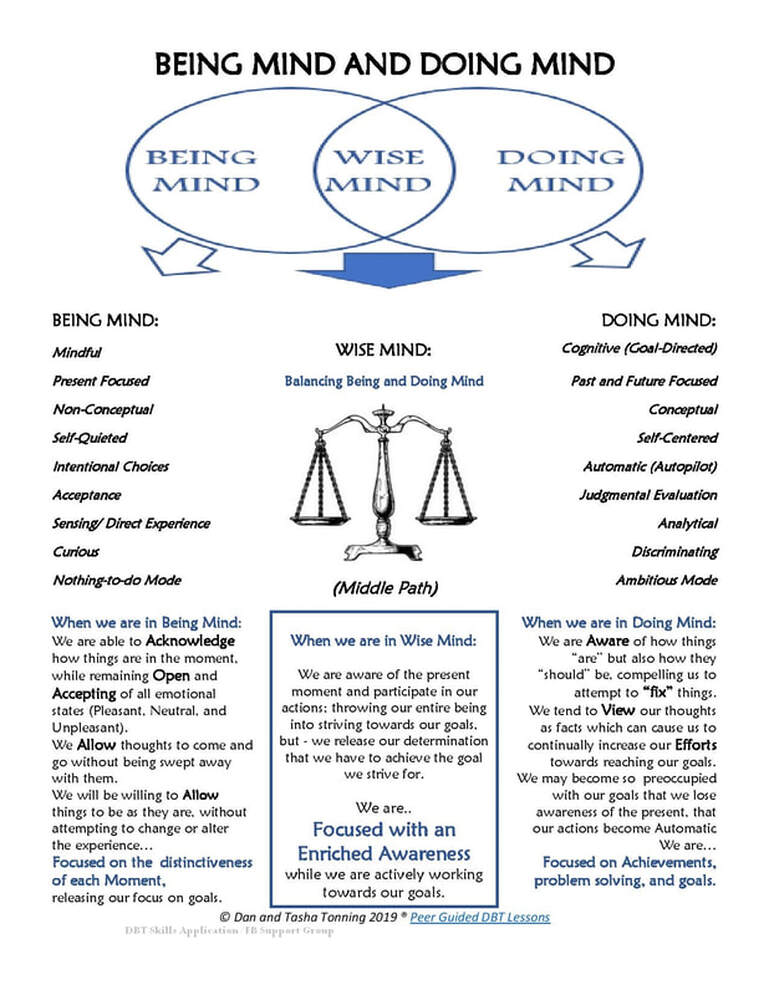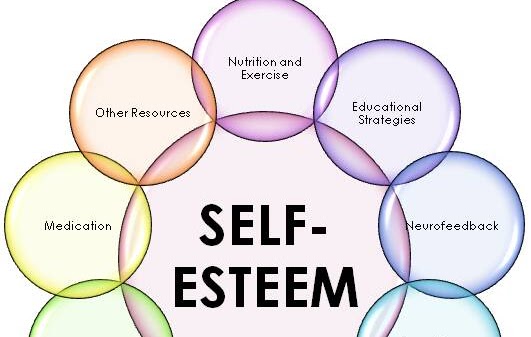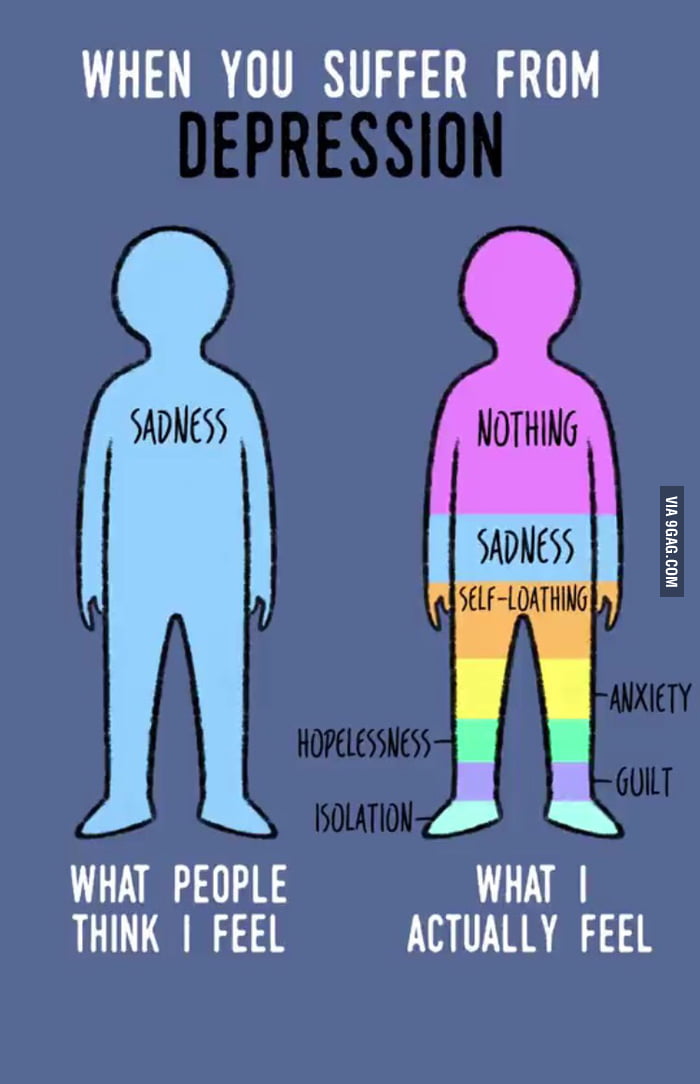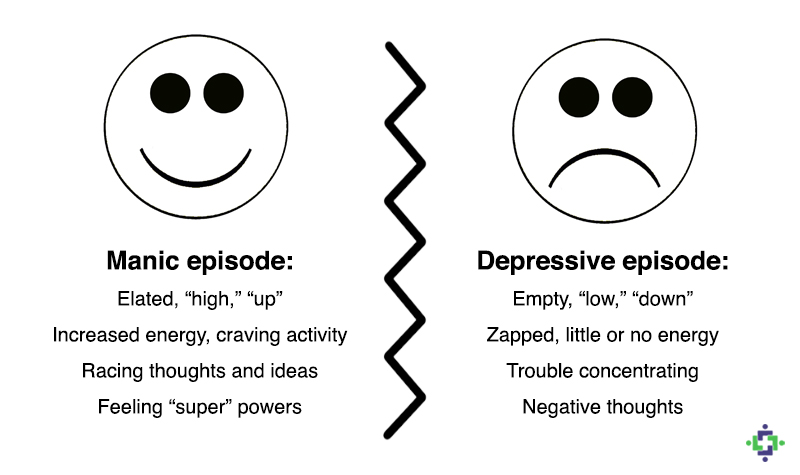January 24 depressing
Jan. 24 called worst day of the year
Is the midwinter weather wearing you down? Are you sinking in debt after the holidays? Angry with yourself for already breaking your New Year's resolutions? Wish you could crawl back under the covers and not have to face another day of rain, sleet, snow and paperwork? Probably. After all, it's Jan. 24, the “most depressing day of the year,” according to a U.K. psychologist.
Dr. Cliff Arnall's calculations show that misery peaks Monday.
Arnall, who specializes in seasonal disorders at the University of Cardiff, Wales, created a formula that takes into account numerous feelings to devise peoples' lowest point.
The model is: [W + (D-d)] x TQ
M x NA
The equation is broken down into seven variables: (W) weather, (D) debt, (d) monthly salary, (T) time since Christmas, (Q) time since failed quit attempt, (M) low motivational levels and (NA) the need to take action.
‘Reality starts to kick in’
Arnall found that, while days technically get longer after Dec. 21, cyclonic weather systems take hold in January, bringing low, dark clouds to Britain. Meanwhile, the majority of people break their healthy resolutions six to seven days into the new year, and even the hangers-on have fallen off the wagon, torn off the nicotine patches and eaten the fridge empty by the third week. Any residual dregs of holiday cheer and family fun have kicked the bucket by Jan. 24.
“Following the initial thrill of New Year's celebrations and changing over a new leaf, reality starts to sink in,” Arnall said. “The realization coincides with the dark clouds rolling in and the obligation to pay off Christmas credit card bills.”
The formula was devised to help a travel company “analyze when people book holidays and holiday trends,” said Alex Kennedy, spokesperson for Porter Novelli, a London-based PR agency.
It seems that people are most likely to buy a ticket to paradise when they feel like hell.
“People feel bleak when they have nothing planned, but once they book a holiday they have a goal, they work toward having time off and a relaxing period,” Kennedy said.
“When you imagine yourself on the beach it makes you feel positive. You will save money, go to the gym and come back to the optimism you had at the end of 2004,” she said.
In U.K., up to a third get SAD
Research shows an escape to the sun can have real health benefits.
Up to a third of the population, in Britain at least, suffers from seasonal affective disorder, or SAD, also known as winter depression, according to MIND, a leading mental health charity in England and Wales. Furthermore, nine out of 10 people report sleeping and eating more during the darker months.
While most cases of the winter blues are not severe, 2 percent to 5 percent of those with SAD cannot function without continuous treatment.
However, it's extremely rare to find anyone with the disorder within 30 degrees of the equator, where days are long and the sky is bright year-round, according to MIND.
Although their findings appear to support a key factor in Arnall's research for Porter Novelli and its client, Sky Travel, the charity warned against overemphasizing the psychologist's claims.
“These types of formulae, if anything, probably serve to oversimplify the complexities of real-life experience,” a spokesperson said on customary condition of anonymity.
Others in the medical field were less skeptical.
“I’m sure it's right,” said Dr. Alan Cohen, spokesperson for the Royal College of General Practitioners, referring to Arnall's equation.
However, “it is postulated that there are a number of different causes of depression,” he said.
“It may be something about one’s personality, genes or external events. For those who suffer from external events, [Jan. 24] would be the most depressing day,” Cohen said.
While travel companies hope to turn gloom into gold this date, for those unable to book a last-minute tropical getaway, Arnall might want to consider a formula for the “happiest day of the year.”
Surviving January -- the Most Depressing Month of the Year
January 24 is on record as being the most depressing day of the year. It’s not hard to figure out why.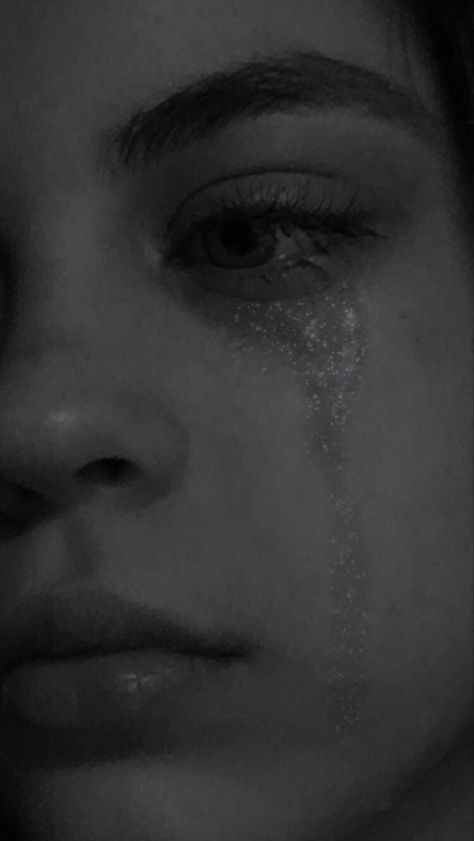 The bills come in from all those generous gifts you gave back when the holiday spirit had you feeling rich. The resolutions you made on December 31 are, well, broken. And it’s cold, dark, and dreary — the roads wear the kind of brown slush that is unbecoming.
The bills come in from all those generous gifts you gave back when the holiday spirit had you feeling rich. The resolutions you made on December 31 are, well, broken. And it’s cold, dark, and dreary — the roads wear the kind of brown slush that is unbecoming.
However, my mood dips long before the 24th. It does a dive the Monday after the New Year — the first full week of January. I call it Yuck Monday or Yuck Week.
I prepare to be down because it’s like clockwork. It has happened for as long as I can remember. Last year, it was especially severe. I was just emerging from a very deep and scary depression. The stress of Christmas numbed me, much like a sedative; I went into holiday gear — which is do, do, do, don’t think, think, think.
However, hosting a family reunion proved to be too much. The dysfunction of my family of origin and the unresolved childhood pangs that I feel when I’m with my sisters and my mom was enough to break me. Once they left, I couldn’t stop crying.
You’d think I’d learn from the mistakes of last year and be a bit gentler to myself. But the definition of insanity — doing the same thing over and over again expecting different results — applies here. Not only did I host a family reunion, but I launched a new community for persons with treatment-resistant depression. I am proud of the end product, but the stress involved in building it broke me.
On Yuck Monday, once again, I couldn’t stop crying. However, this year I also spent Yuck Monday coming up with a set of resolutions just for January, Yuck Month. It’s true that more suicides happen in April and May than January, but that’s because people are so depressed in January that they don’t have the energy it takes to kill themselves. So, in order to emerge from Yuck Month going in the right direction — toward resilience — I have resolved to do the following things:
1. Stop doing one thing that I don’t enjoy.
Sure this sounds easy, but have you ever tried it? It’s more challenging than you think.
One thing that I feel like I should do is be an administrator for the support group that I created on Facebook, even as it causes me much stress. Admins have to delete suicidal posts, point a person toward appropriate help, make sure everyone is labeling appropriate posts with a “trigger” heading, deal with personal attacks from members, and a host of other things that I not only don’t enjoy, but I’m frankly not good at. I don’t have good boundaries and I’m super sensitive.
When I realized that the stress I was giving myself was counteracting all the efforts I made during the holiday to eat right (I didn’t eat one cookie!), and was erasing the benefits of all my exercise, I got a bit peeved and decided to let people with better boundaries skills and less sensitivity issues lead the flock.
2. Clean out one area of the house.
In the last few years, I have had two television shows contact me to be a guest on their hoarding show to be “fixed.” I wrote a post somewhere along the line that my husband has a real problem with my clutter piles, and poof! The professionals are after me.
I don’t think I’m that bad. Maybe I’m in denial, or I just have more important problems — like staying free of death thoughts for more than three days in a row. However, I spent Yuck Monday cleaning out my desk — the corner of real estate in my son’s bedroom (I do pay him rent) — and went through the seven legal pads of paper that held notes that needed to be organized. I immediately felt liberated from the prison of my “information clutter” as my husband calls it.
3. Go to the light.
I start using my light lamp in October; however, in January, this fixture becomes my best friend. Technically, we are moving towards more light every day in January, which is great news. But my circadian rhythm, the body’s internal biological clock that governs brain wave activity and hormone production, gets really out of whack this month. I think it’s the cumulative lack of sunlight since September. So bright light therapy becomes an important part of every January day.
4. Try something new.
Two nights ago I did something I never do — found an easy lemon-and-garlic chicken recipe online and cooked dinner for the family. I bought my husband the The Grain Brain Cookbook, as we are trying to eliminate sugar and flour from our diets. I thumbed through it and was a tad intimidated from some of the recipes in there, but I thought to myself, “I can do this. All it takes is a little preparation and time.”
When you try something new, your brain creates neural passages and increases your brain’s plasticity. Even picking up something with your left hand (if your right-handed) can make the old noggin work a little bit. For me, cooking does not come naturally. My twin sister is a gourmet chef, but I struggle boiling water. So this January’s goal is to make at least two meals from the new cookbook.
5. Make a list of lessons learned.
I’m not big on New Year’s resolutions because I always break them, which makes me feel more pathetic than before I made them. But I like to remember a few things that I learned in the past year. This year, more than any other lesson, I learned that I know my body — each cell in my brain, heart, and lungs — better than any doctor, and I am the authority on my health. I am the one who knows that as soon as I eat a cracker, I will get death thoughts. I know once sugar enters my system, I will despair and think the worst of people. A caramel frappuccino, once absorbed into my blood stream, convinces me that there is nothing to live for. I know that I have more energy and feel better when I take Nature-Throid, not a synthetic medication for my underactive thyroid, even though I couldn’t find an endocrinologist who would prescribe it for me.
But I like to remember a few things that I learned in the past year. This year, more than any other lesson, I learned that I know my body — each cell in my brain, heart, and lungs — better than any doctor, and I am the authority on my health. I am the one who knows that as soon as I eat a cracker, I will get death thoughts. I know once sugar enters my system, I will despair and think the worst of people. A caramel frappuccino, once absorbed into my blood stream, convinces me that there is nothing to live for. I know that I have more energy and feel better when I take Nature-Throid, not a synthetic medication for my underactive thyroid, even though I couldn’t find an endocrinologist who would prescribe it for me.
Originally posted on Sanity Break at Everyday Health.
Join the conversation on Project Beyond Blue, the new community for persons with depression.
Light therapy photo available from Shutterstock
International Depression Day depression , in order to draw people's attention to mental health problems.
Depression (from the Latin "deprimo" - "suppress", "crush") is the most common mental disorder in which the patient loses interest in life, self-esteem and ability to work decreases, bad mood, depression and a strong sense of guilt predominate. According to doctors, this is a serious disease that requires professional treatment. Even Hippocrates described it under the name "melancholy". nine0003
Depending on the number of symptoms and their severity, depression is classified as mild, moderate or severe. The latter option leads to the complete incapacity of a person - loss of sleep, appetite, mental retardation and suicidal tendencies, and therefore requires hospitalization.
According to the World Health Organization, more than 350 million people worldwide suffer from depression. According to statistics, every tenth person after 40 years of age is faced with various forms of depressive mental disorder, while most of them are women. The disease occurs in 5% of children and adolescents aged 10 to 16 years, and a greater percentage of suicides occur during juvenile depression. One in five women suffer from depression after giving birth. The development of the disease can provoke some groups of drugs, cardiovascular and endocrine diseases. nine0003
One in five women suffer from depression after giving birth. The development of the disease can provoke some groups of drugs, cardiovascular and endocrine diseases. nine0003
It is important to remember that depression is a disease that can be treated, but requires qualified professional help. Lack of timely therapeutic intervention can lead to serious health consequences. To attract the attention of people, physicians, narrow specialists, social services to such diseases, today's international date was established.
One of the ways to treat depression is to normalize the level of serotonin and dopamine hormones, which is ensured by maintaining a healthy sleep regimen, good nutrition, staying in brightly lit places, and regular physical activity. But someone only with the help of doctors can get out of this oppressive state. In the arsenal of doctors there are a lot of tools that have proven their effectiveness in practice, for example, taking antidepressants, acupuncture, relaxing massage, psychotherapy sessions, etc. nine0003
nine0003
Also, do not forget about the prevention of this disease. Therefore, you need to regularly improve your mood and well-being so that your frustrations and experiences do not lead to a serious illness. How to deal with depression at home? Understand the cause of your worries and try to solve them yourself or with the help of loved ones. Stop focusing on the problem, communicate more with different people and in different settings, do not be afraid to show emotions and be yourself, not comparing yourself with others. Filter incoming information, go in for sports and what you love, lead an active lifestyle, or just start walking more. nine0003
Today this international date is celebrated by a wide range of professionals directly related to the diagnosis, treatment and research of the disease. They include: psychologists, psychotherapists, psychiatrists, medical students of specialized specialties, social workers who help to cope with psychological problems.
The activities of the Day are educational and informational about the prevention and treatment of depression. Educational and medical institutions organize seminars, conferences, lectures for a wide audience. Experience exchange events are held in medical circles. Consultations of psychologists, psychotherapists, trainings with their participation are arranged. Charitable foundations raise funds to help people with depression. nine0003
Educational and medical institutions organize seminars, conferences, lectures for a wide audience. Experience exchange events are held in medical circles. Consultations of psychologists, psychotherapists, trainings with their participation are arranged. Charitable foundations raise funds to help people with depression. nine0003
Second diagnosis. Why depression has become an independent epidemic against the backdrop of covid
Read also
Alone at home. Why Muscovites celebrate the New Year without friends and relatives Stress in a big city. What affects the psychological discomfort of metropolitan residents According to COVID-rules: how the life of Muscovites has changed in two years of the pandemic The coming year will be the third year of life in a pandemic. COVID-19 has had a huge impact not only on physical health, but also on the mental state of people. According to Hans Kluge, Director of the WHO European Office, the pandemic has become a huge shock for the whole world, deprived people of their livelihoods, separated relatives, colleagues and neighbors, which “has had an extremely difficult impact on the mental health and well-being of the inhabitants of the European Region”. nine0030
nine0030
The pandemic and mental health
The Columbia University School of Public Health conducted a comprehensive study of the effects of the pandemic on mental health. We analyzed data from Pubmed, MEDLINE, Web of Science, medRxiv and other databases and assessed the condition of more than 226,000 people in 60 studies. The study found that the global prevalence of depression and anxiety during the COVID-19 pandemic was 24% and 21%, respectively, and was highly dependent on the region. For Europe, depression rates were 26%, for Asia 15-20% (with the lowest numbers in China), for other non-Asian regions 39%. Similar trends have been identified for anxiety disorders.
At the same time, in all regions, the indicators differed several times from pre-Covid values upwards. Thus, for the Asian region, pre-Covid prevalence rates for anxiety disorders were in the region of 2.1-4.1% against an average of 18% during the pandemic. The researchers believe that the deterioration in people's mental health can be seen not as a consequence of the COVID-19 pandemic, but as an independent parallel epidemic. nine0003
nine0003
Separately, the impact on the mental state is not so much the pandemic itself, but the measures that states used to combat it. The closure or restriction of transport, schools, public institutions, social distancing measures, the need to stay at home - all this has affected the severity and prevalence of disorders.
Risk groups
Mental health specialists have identified groups of people whose psyche is more vulnerable to the negative impact of the epidemic. First of all, these are the elderly people with chronic diseases who are at increased risk of contracting COVID-19. The second group is children and adolescents who experience additional stress due to changes in the usual educational format and related restrictions. According to the United Nations Children's Fund (UNICEF), one in seven children has been directly affected by the lockdown, and more than 1.6 billion children have been affected by the lockdown to some degree.
Also affected by the pandemic are people with mental disorders, including those with substance use problems. People prone to anxiety and worry, especially about their health, and people who have experienced a traumatic event. The risk group includes lonely people who do not have social support, doctors and other health workers who work directly with the sick, which often leads to physical and psycho-emotional overload. Based on 65 studies conducted in 21 countries and including data from 97,300 healthcare workers, the prevalence of depression among them was 21.7%, anxiety disorder - 22.1% and post-traumatic stress disorder - 21.5%.
People prone to anxiety and worry, especially about their health, and people who have experienced a traumatic event. The risk group includes lonely people who do not have social support, doctors and other health workers who work directly with the sick, which often leads to physical and psycho-emotional overload. Based on 65 studies conducted in 21 countries and including data from 97,300 healthcare workers, the prevalence of depression among them was 21.7%, anxiety disorder - 22.1% and post-traumatic stress disorder - 21.5%.
Against the backdrop of a global increase in anxiety and depression, there are aspects that the pandemic has positively affected. People began to pay more attention to maintaining a healthy lifestyle, physical and mental health. Forced measures of social isolation have increased the value of interpersonal interaction. The ability to work remotely has given many more flexibility in balancing their professional and personal lives. As a result, the amount of time that people began to spend with loved ones has not only increased, but its quality has changed for the better.

